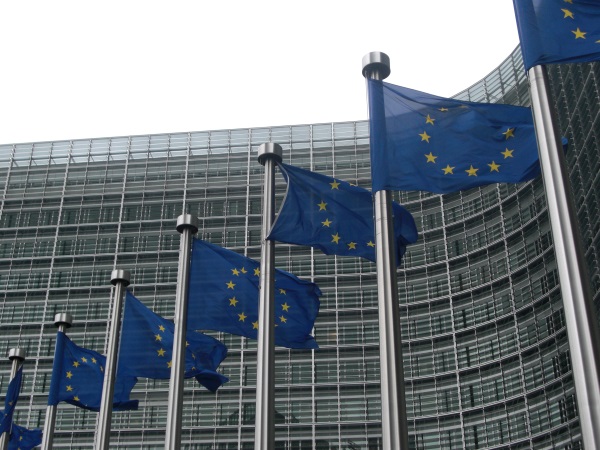Gerry Callaghan tracks a plan to make lobbyist activities more credible.
Lobbyists in Brussels have taken the unexpected step of acknowledging the way in which they seek to influence EU decision-making is neither “credible”, nor “robust”.
A joint letter by Transparency International (TI), the Society of European Affairs Professionals (SEAP), the European Public Affairs Consultancies’ Association (EPACA), and the Council of Bars and Law Societies of Europe (CCBE), calls on the EU to introduce a mandatory register for those seeking to influence policy.
The letter states: “With signals from within our society suggesting a decreasing trust in the EU institutions and the European project itself at stake, we simply cannot afford to further delay reforms and go on with business as usual.”
The introduction of a mandatory lobbyists’ register would oblige lobbyists to provide details about who they are, what policy they want to influence and how much money they are spending on it. Not all lobbyists have signed up to the current voluntary register, and of those that have many have provided inaccurate or outdated information.
The letter continues, “We see, however, that the misbehaviour of a few can discredit an entire profession. The risk of undue influence and corruption in the political process seriously undermines the functioning of a democracy.
“Interest representation must be regulated by a robust and credible transparency regime. To achieve this, clear and effective standards for all are needed, complying with due process standards.”
Lobbying has long been a controversial area in Brussels. Last year, for example, a Brussels’ watchdog said Commission officials had been hiding meetings with tobacco lobbyists, who, according to Corporate Europe Observatory, were seeking to influence new legislation for their industry.
In February, EU ombudsman Emily O’Reilly said that the Commission had ignored her recommendation to publish online, all details, including the minutes, of meetings with tobacco lobbyists or their representatives. However, from March to June of this year, the Commission took a step forward and held a public consultation on a mandatory system, taking in the views of Brussels’ stakeholders.
Daniel Freund, who covers the EU institutions for TI, said: “The only ones blocking it at this point are the politicians.”







